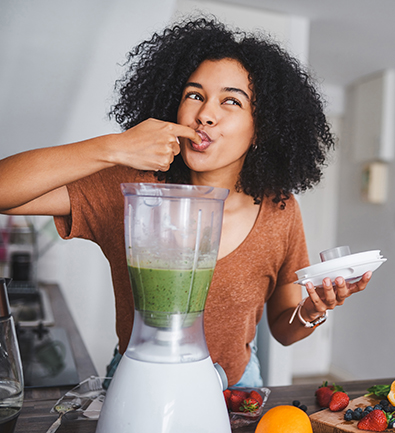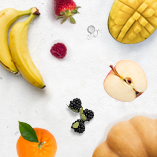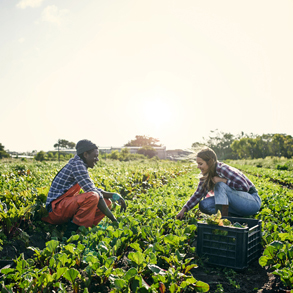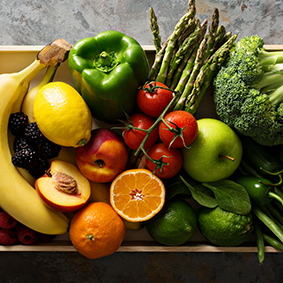As the decade progresses, food and drink brands will be able to target consumers with more sophisticated - and therefore expensive - products. Personalized nutrition is growing quickly and holds strong global appeal e.g. 62%10 of South Africans agree it's worth paying more for food/drink customized to their specific nutritional needs (eg how much protein my body needs).
As Mintel Trend Total Wellbeing argues, ‘the pro-natural movement... is finding a new focus on bacteria, as scientific developments signal the positive benefits of our body’s natural bacteria, with calls to work with, rather than against, the body’. In the UK, 22%11 of adults would like more information on improving their gut health and half (49%)12 of Chinese adults have used probiotic supplements in the past 12 months. Scientific advances around good bacteria can help to unlock a generation of new premium functional food and drink products.
Brands will also be able to charge a premium for ingredients which are both more sustainable and healthy. This explains why organic claims in food and drink are rising, with 11% of all food and drink launches using this claim between January and July 2021. It also explains why consumers will pay more for plant-based food and drink that protects the health of both the individual and the planet. In fact, over half (53%) of Brazilians think healthy products are more sustainable, evidencing how these two key trends - health and sustainability - are seen by consumers as symbiotic.








